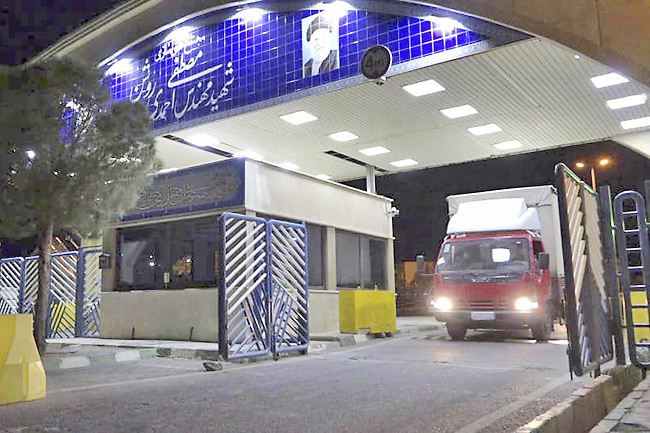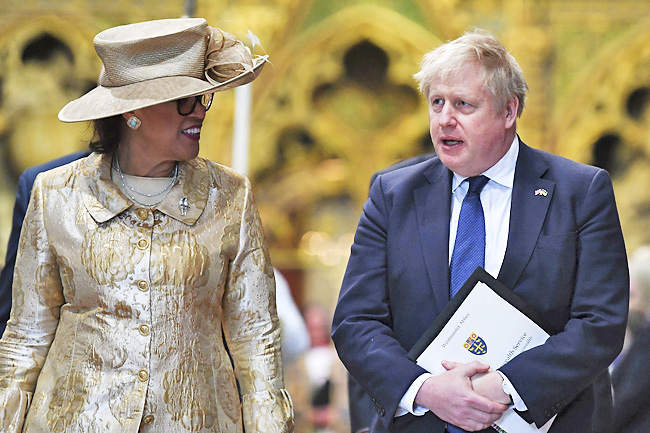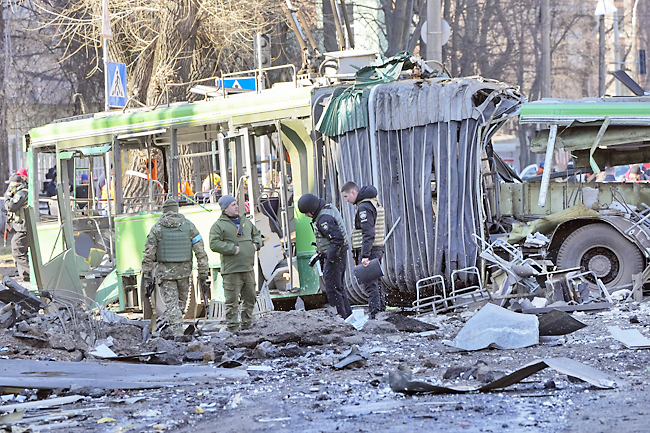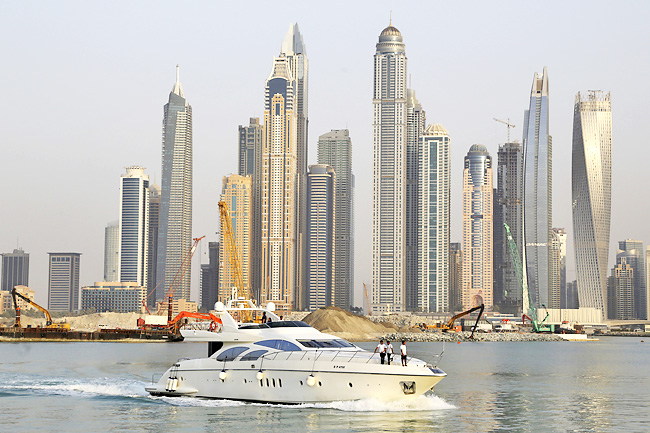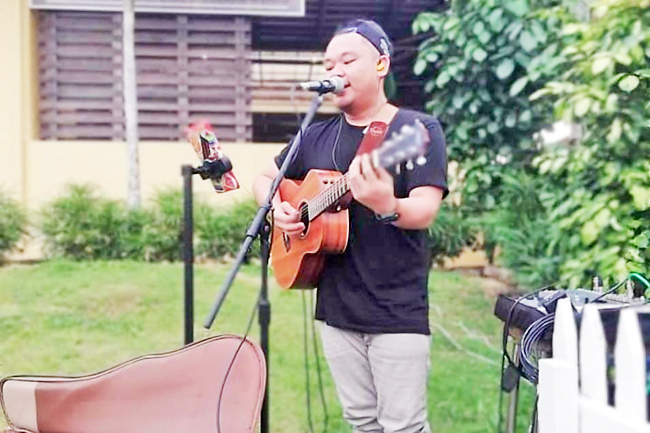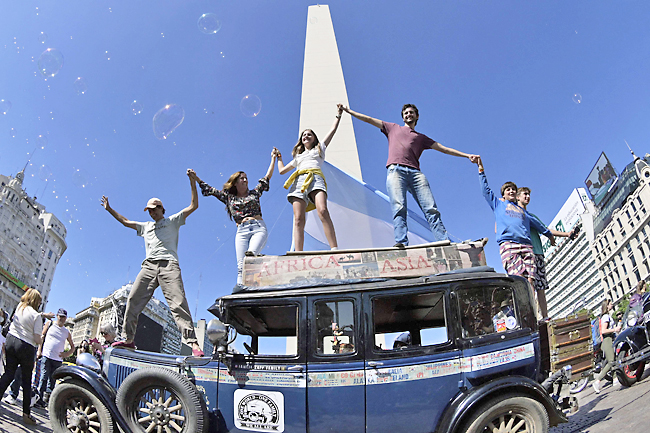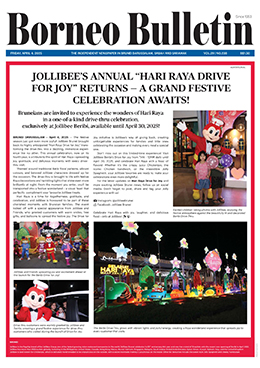PALMA (AFP) – Karim Benzema became the highest French goalscorer in history on Monday after his double gave Real Madrid a 3-0 win over Mallorca, sending them 10 points clear at the top of La Liga.
But the Frenchman had to go off late on with what looked like an injury in his lower left leg, giving Madrid a serious headache before Sunday’s Clasico against Barcelona.
Vinicius Junior, who opened the scoring, and Rodrygo also suffered problems in the second half.
“We will look at it in the next few days,” said Madrid coach Carlo Ancelotti.
“They don’t seem like very serious things. Rodrygo was a knock, Mendy has felt something in his adductor and Karim, after a jump, didn’t feel good. We’ll see if they can recover for Sunday.”
Benzema’s absence for the game at the Santiago Bernabeu would come as a serious blow to Madrid, after the striker continued his scintillating recent run with two more goals at Son Moix.
After scoring a hat-trick to help Madrid defeat Paris Saint-Germain 3-1 in the Champions League last week, the 34-year-old’s penalty against Mallorca took his career tally to 412 goals, putting him one above Thierry Henry in the all-time list of French scorers.

Benzema then made it 413 for him and three for Madrid with a superb header late on, only to limp off in obvious discomfort.
Madrid’s considerable advantage over Sevilla at the top of La Liga means the Clasico this weekend will not carry the significance of previous meetings, even if Barca’s recent surge has had some wondering if a comeback is still possible.
Yet there will be no doubt Barcelona would love to rubberstamp their progress under Xavi with a victory at the home of their fiercest rivals while a win for Madrid would serve as further confirmation of their dominance this season.
“We have the advantage and it’s good at this point in the season,” said Ancelotti. “We have to think about winning on Sunday, that’s all.”
Mallorca had the better of the chances in the opening period, the first of them falling to Vedat Muriqi, who shot wide at the back post after a superb cross from Brian Olivan.
Vinicius Junior was Madrid’s biggest threat and he was unfortunate to pick up a yellow card for his reaction to a high challenge from Mallorca’s Pablo Maffeo, who was lucky not to be sent off.
The altercation riled the home crowd too and Mallorca benefitted, their best chance coming
soon after.
Dani Rodriguez clipped a delightful ball over the top for Angel Rodriguez to run onto and the ball fell loose for Maffeo to carry just in front of the penalty spot. Maffeo had only Thibaut Courtois to beat but his scuffed finish hit the post.

